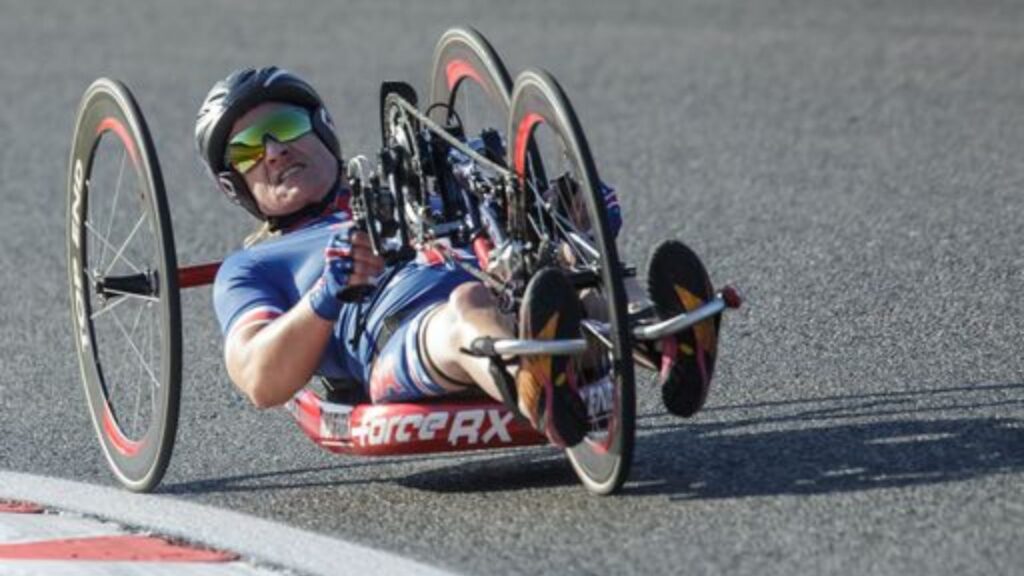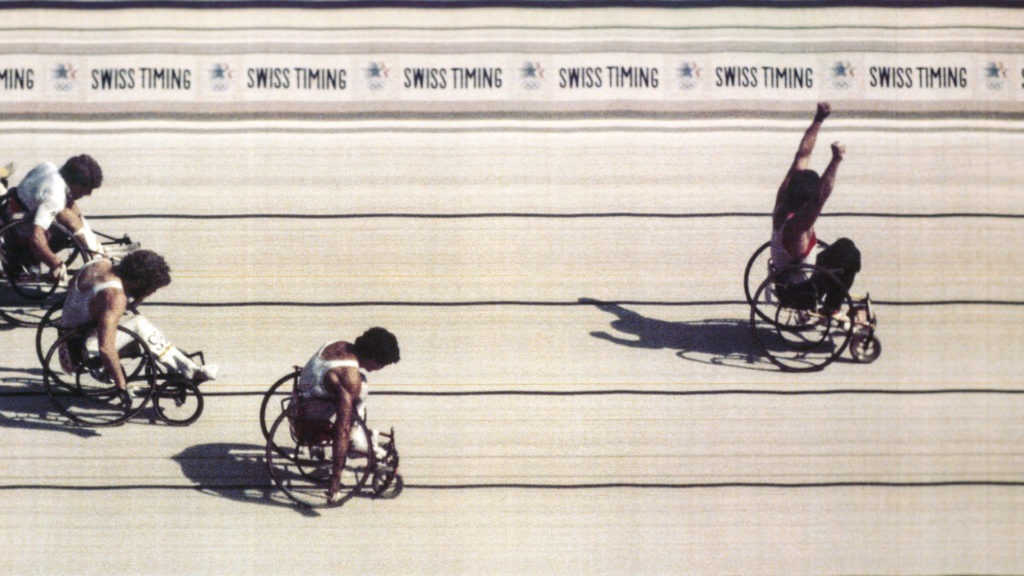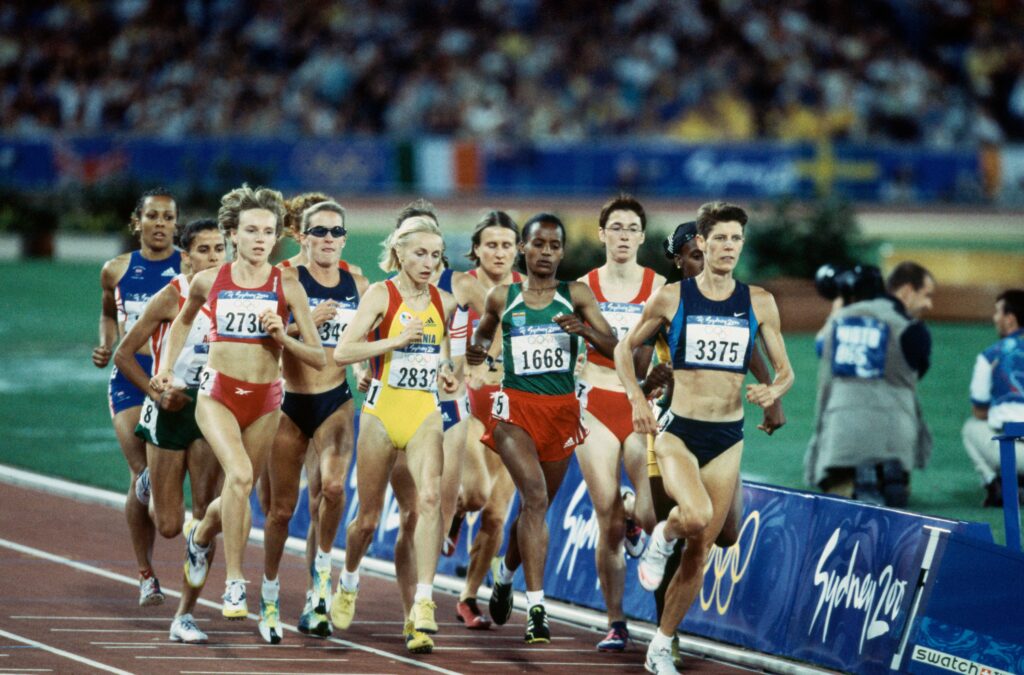Mel Sheppard wanted to be a New York City police officer. A physical examination, though, showed that he had an enlarged heart. While a subsequent checkup showed his heart was fine, he still was unable to make the force.
“I never did find out why I was objectionable to the police department,” he wrote in an autobiography. “I could only attempt to put two and two together and draw my own conclusions.”
Among the possibilities, Sheppard theorized, was that if hired as a policeman, he would not be able to train for or participate in the upcoming London 1908 Olympic Games.
Whatever the reasoning, not becoming a policeman seemed to work out just fine. A standout middle-distance runner, Sheppard won three gold medals at the London 1908 Olympic Games and added another gold and a silver at the Stockholm 1912 Olympic Games.
Sheppard had been a talented runner from a young age and he began attracting notice in 1904, when he traveled to St. Louis, which was hosting The Olympics in conjunction with the World’s Fair. Several interscholastic races were held then as well, and Sheppard kept winning those races.
“Upon my return from the St. Louis Olympics I found myself more or less famous around Philadelphia,” Sheppard wrote.
Four years later, at the London 1908 Olympic Games, Sheppard was a surprise participant in the 1,500-meter race. He had not run that distance at the U.S. Olympic Trials, but set a world record in winning his first gold medal.
“It was the proudest moment of my life,” he wrote.
One week later, Sheppard set another world record in claiming gold in the 800-meter run. Four days later, he anchored the American team to gold in the 1,600-meter medley relay.
Following the Stockholm 1912 Olympic Games at which he won one gold medal (setting a world record in the 4×400-meter relay) and one silver, Sheppard worked as a coach and civilian athletic director at military bases and coached the U.S. Women’s Track Team at the Amsterdam 1928 Olympic Games.
Sheppard passed away in 1942. He was 58 years old.












